Steven Egberts, grandfather of murdered children Amber and Corey decries sentencing of killer Steven Graham Peet
THE grandfather of two murdered children says he is “bewildered” by the gulf between community expectations and judicial sentencing — and the lack of voice victims have in the court process.
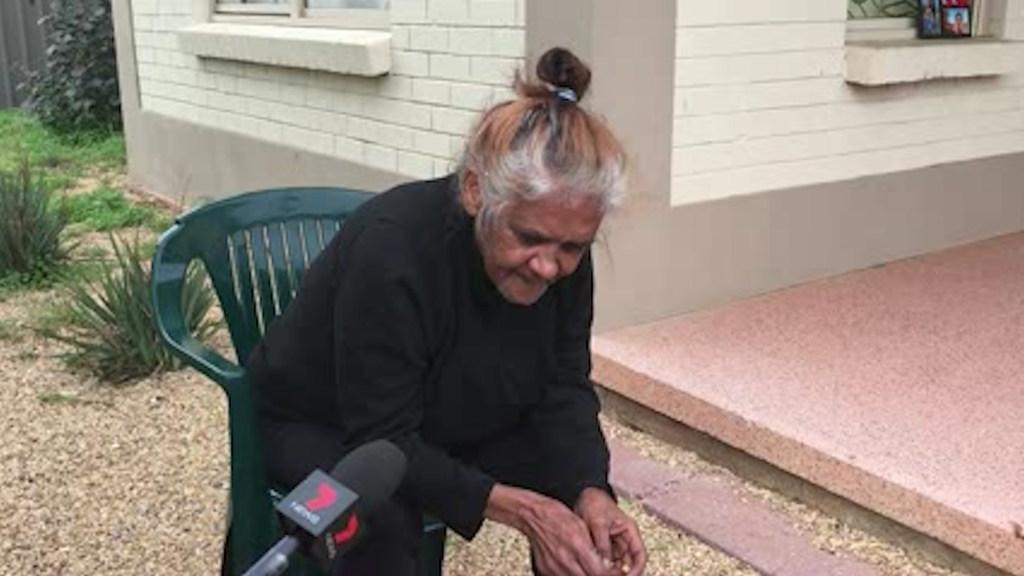
SA News
Don't miss out on the headlines from SA News. Followed categories will be added to My News.
THE grandfather of two murdered children says he is “bewildered” by the gulf between community expectations and judicial sentencing — and the lack of voice victims have in the court process.
Speaking exclusively to the Sunday Mail, Steven Egberts said he and his family had been “utterly devastated” by the 30-year minimum term imposed upon triple murderer Steven Graham Peet for the murder of Adeline Yvette Rigney-Wilson, 28, and her children Amber, 6 and Korey, 5.
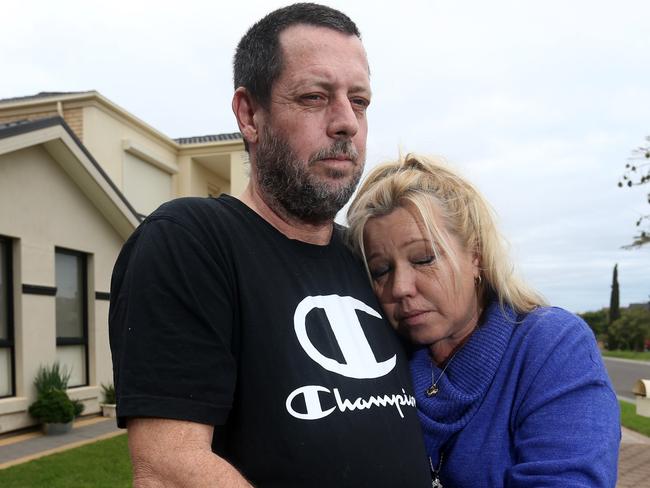
He said that pain was worsened by the sentence being handed down on the 10th birthday of another member of the bereaved family.
Mr Egberts said the time had come for an overhaul of the sentencing process and a renewed emphasis on the rights of victims of crime and their families.
“The voices of our beloved grandkids and their mum were ignored in favour of Peet, and listening to the judge empathise with his dysfunction ... absolutely broke us,” he said.
“I am bewildered at the disparity of opinions between the public and the legal system.”
Peet, 32, murdered the children and their mother at Hillier, near Gawler, in May 2016.
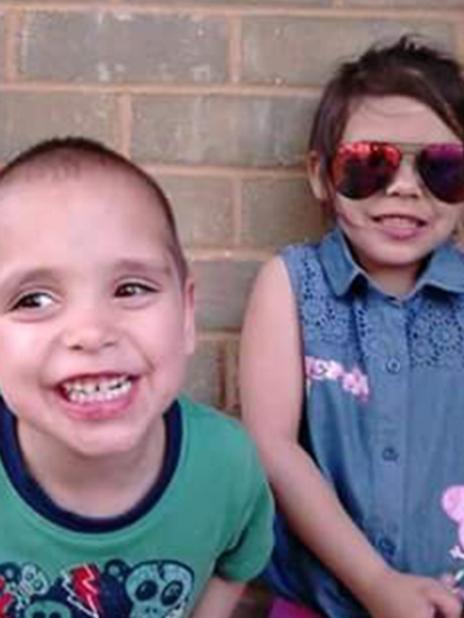
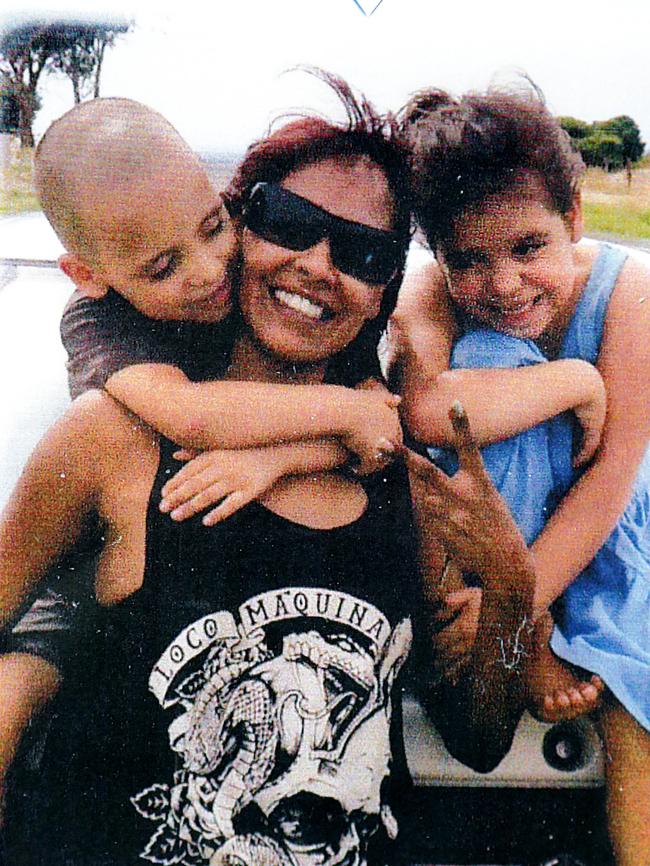
His Supreme Court trial was plagued with delays caused by his claims of having been in a disassociative state which, in sentencing on Friday, Justice Malcolm Blue said went some way to explaining, but did not at all excuse, his “reprehensible” crimes.
Justice Blue ordered Peet serve life imprisonment with a 30-year non-parole period — five years less than the state’s last triple-murderer, Jason Alexander Downie.
The sentencing prompted outrage on social media and from victims’ advocacy groups, who have called for the adoption of US-style consecutive life sentences for multiple murderers.
Mr Egberts said the public reaction to Peet’s penalty showed how deep the gulf was between the community and the legal system.

He said he “could not help but feel” that, had a jury been asked to decide Peet’s sentence, the case “would have had a different outcome”.
“Peet’s own admission that he was forced to plead guilty to avoid facing a trial that would have seen him possibly jailed with no parole rings in our ears,” he said.
He repeated his concerns about the Office of the Director of Public Prosecutions’ handling of the case — previously, he said he felt its staff had shown an “appalling lack of empathy” toward his family.
“It continually approached the case from the view of ‘a fair trial for Peet’ ... the three victims had no right of reply,” he said.
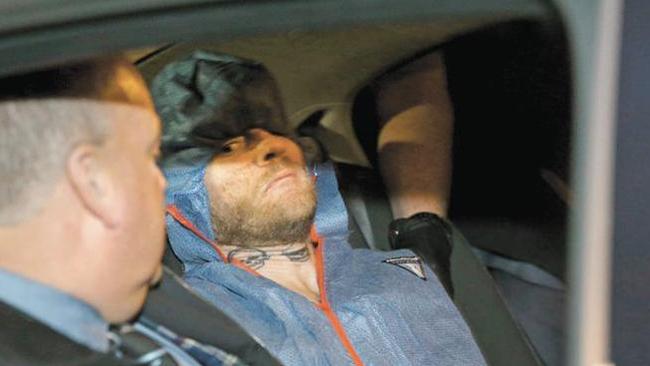
“Instead, their voices can only be heard through families who are suffering an understand little of the process.
“In our opinion, victims need to represented by an independent lawyer that informs them of how the process works and has only the victims’ interests at heart.”
Mr Egberts’ partner, Janet Wells, said the sentencing “made me physically sick”.
“I think murder sentences should be based on what the victims have suffered and the severity of the crime, not by the excuses a perpetrator gives for their actions,” she said.


